CARROLLTON, Texas—56 Texas secondary school teachers attended a full-day professional development workshop in February titled “Seeing the Humanity in Each of Us: The Lessons of the Armenian Genocide.” The workshop, held in-person as well as online, was made possible through a grant from the Texas Holocaust, Genocide and Antisemitism Advisory Commission (THGAAC) and hosted by St. Sarkis Armenian Church in Carrollton, Texas.
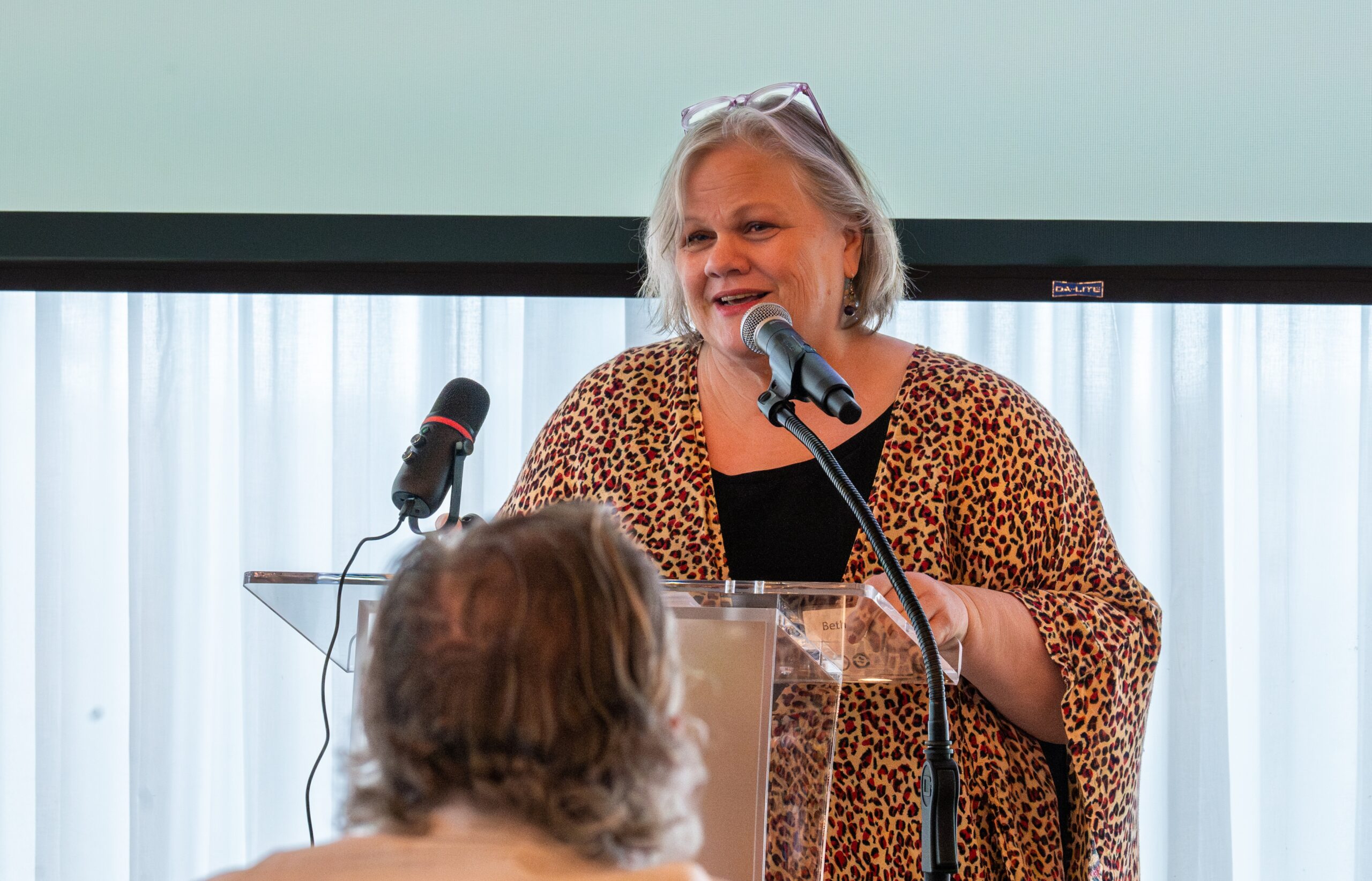
The Genocide Education Project’s (GenEd) Education Director Kerri Flynn led the workshop, providing guidance on appropriate classroom pedagogy for teaching about the difficult topic of genocide and the Armenian case, as well as the history of the Armenian Genocide, its long-term denial and its current effects.
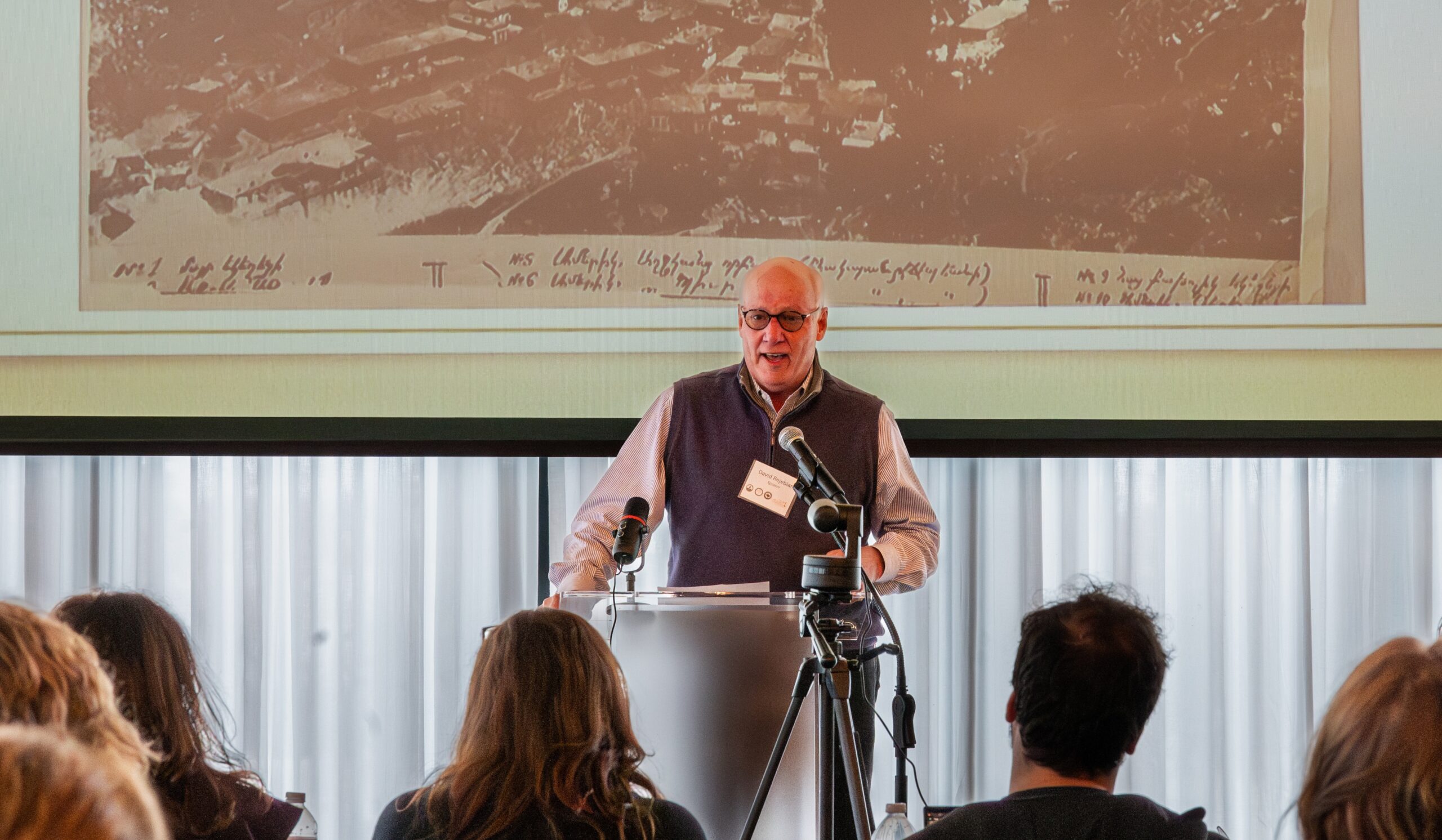
Shevan Basmadjian, Texas Armenian American community leader, organized the event on behalf of the St. Sarkis Church Education Committee and THGAAC Grant Program Manager. Basmadjian has been a liaison of The Genocide Education Project for numerous years, partnering with GenEd on Armenian Genocide education initiatives across Texas.

What Texas educators said:
“I didn’t know much about the Armenian Genocide or really the history of Armenia, and I am so grateful for this opportunity and the knowledge I’ve gained from this experience. Thank you for your generosity and for inspiring me to share this with my students.”
“I have a genocide project that uses the original eight stages of genocide as a template. Because of this workshop, I have the updated 10 stages and some new ideas on how to better incorporate the stages as a tool to teach about genocide.”
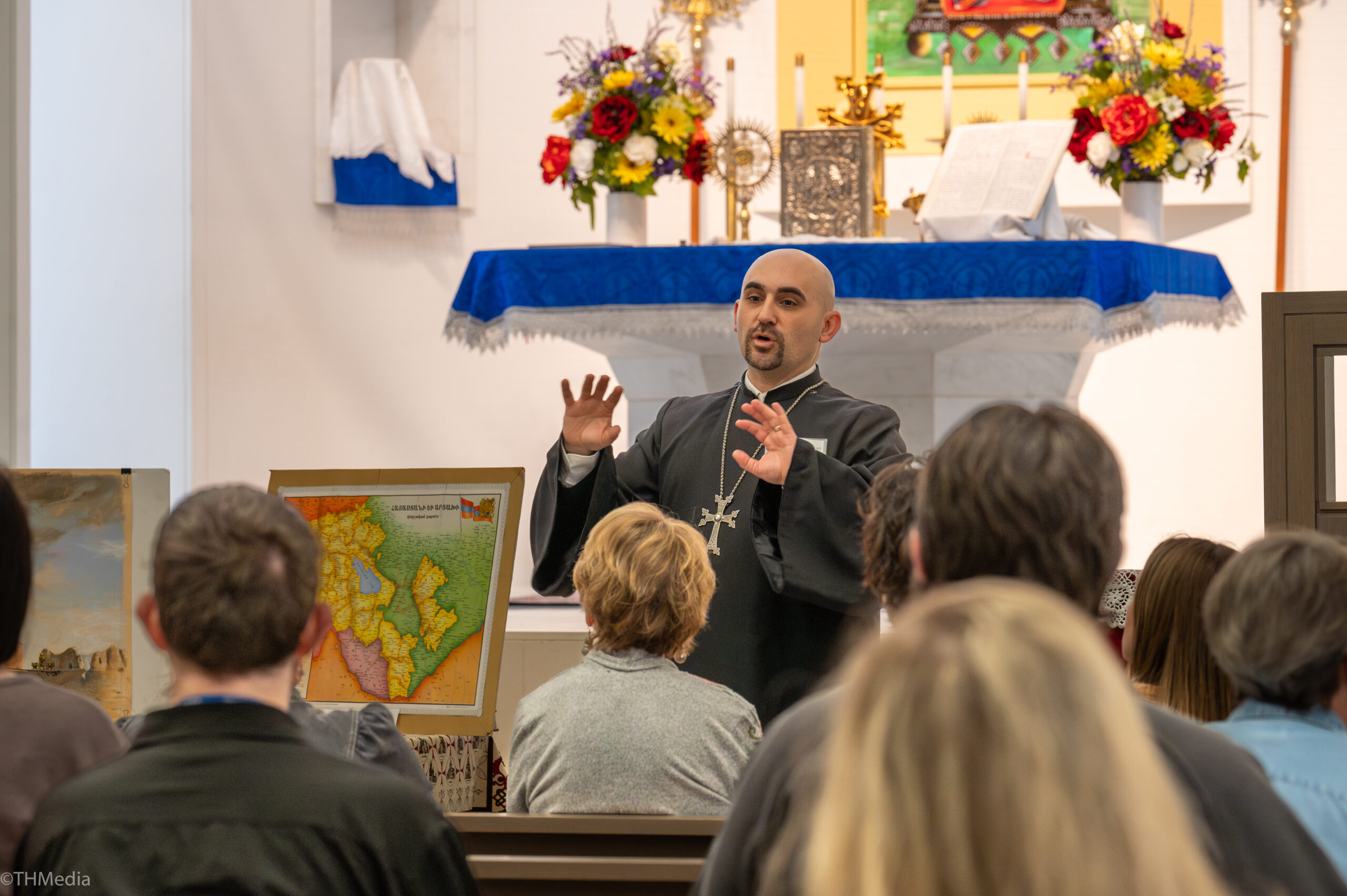
“I have a strong background in the humanities and am frequently surprised and disappointed at how little many adults with whom I converse know about history, geography and culture. I try to remedy that in whatever way I can – talking with groups, teaching lifetime learning classes, visiting book clubs, etc.”
“This is my first year teaching genocide studies, and the Armenian Genocide is the last one we are going to study. I feel better prepared for the lesson.”
GenEd at the California Council of the Social Studies 2024 Conference
GenEd Teacher Fellow Cynthia Martinez led a session at the CA Council for the Social Studies annual conference held in Orange Grove on March 8-10, 2024. She introduced GenEd’s new 10-lesson flexible curriculum unit, “The Armenian Genocide: Resistance, Agency and Empowerment.”
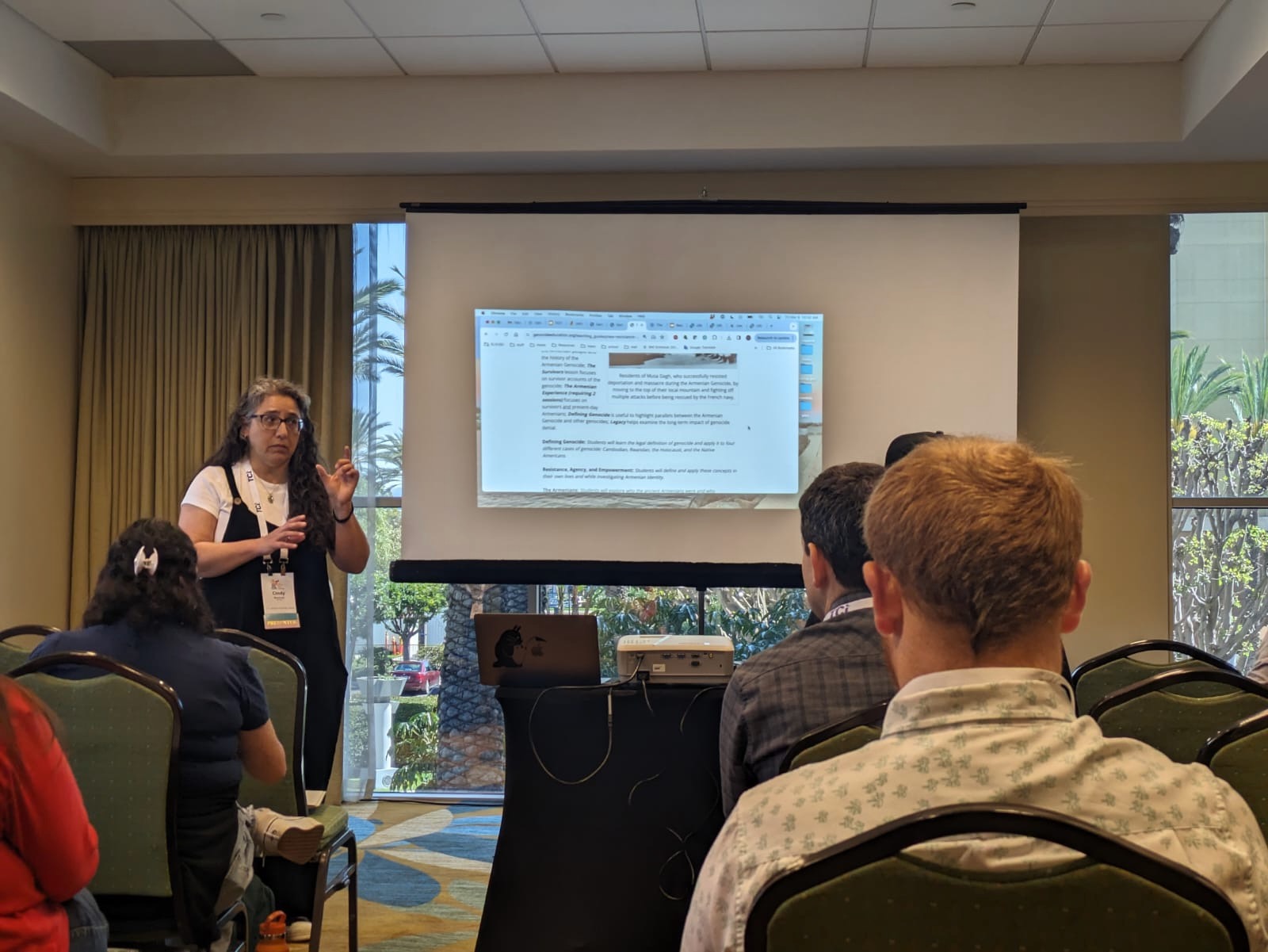
Upcoming Workshops led by GenEd and GenEd Teacher Fellows
April 2 & 4, 4:30-6:00 p.m., Fresno, CA
“Resistance”: A two-part afternoon workshop introducing GenEd’s new flexible unit, “Resistance, Agency and Empowerment” (Open to FUSD Social Studies and English teachers, grades 7-12; Contact: Michelle Orelup, Michelle.Orelup@fresnounified.org)
April 3, 4:30-6:00 p.m., Fresno, CA
“Bird Letters”: An afternoon workshop introducing GenEd’s “Bird Letters” lesson-activity on Armenian identity and cultural preservation after genocide. (Open to FUSD teachers, third grade and higher; Contact: Michelle Orelup, Michelle.Orelup@fresnounified.org)
April 9, 4-6 p.m. PT, Online via Zoom
“Voices of Resilience: Understanding Genocide through Indigenous and Armenian Narratives”: Join GenEd and Redbud Resource Group for an afternoon of learning and exploring the resilience of Indigenous and Armenian peoples in the face of genocide.
April 10, 9 a.m.-2:30 p.m., Danvers, MA
“Genocide Then and Now: The Armenian Genocide and the Holocaust”: GenEd Teacher Fellows Justin Bilton and Jason Stark will present current research and best practices for teaching comparative genocide studies. Register by Monday, April 1.
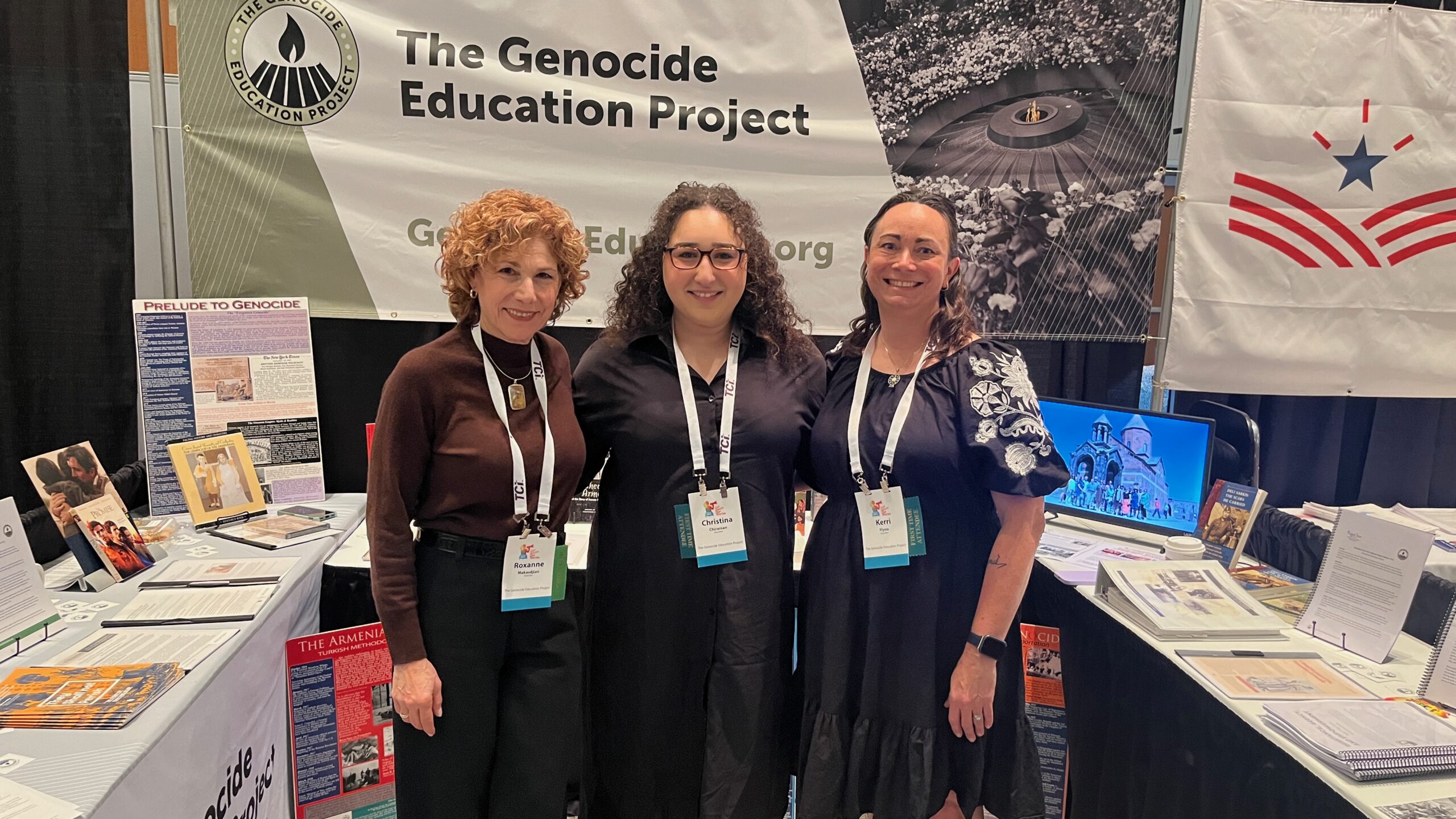
April 27, 8:30 a.m.-4:30 p.m., University of Wisconsin-Milwaukee
This full-day seminar, led by GenEd Teacher Fellow George Dalbo, will help teachers meet Wisconsin’s Act 30 genocide education requirements and will explore the interconnected histories of the Armenian Genocide, the Nagorno-Karabakh conflict and the Armenian community of Wisconsin. More info here.
May 3, Macomb, MI: Michigan Council for the Social Studies Conference,
“Forget Me Knot: Armenia”: This workshop will help educators understand how the events of the past in Armenia affect the Armenian people around the world today. The themes of self-determination, territorial integrity and the role of the international community, young people in Armenia and America will be addressed.
May 7, 8:30 a.m.-3:30 p.m, University of Michigan. Ann Arbor, MI
“Teaching about genocides around the world”: Sessions will include experts from UM’s International Institute, a panel on Teaching about Genocide, a review of curated teaching resources, planning, collaboration and reflection with colleagues and experts. GenEd Teacher Fellow Amy Perkins will present the Armenian Genocide, and GenEd Teacher Fellow Jen Sepetys will present the Cambodian Genocide.
June 4-6, Kennesaw, GA Kennesaw State University
Summer Institute for Teaching the Holocaust: GenEd Education Director Kerri Flynn will be presenting research-based strategies for teaching the difficult history of the Armenian Genocide and its connections to the Holocaust, as well as presenting new GenEd teaching materials.
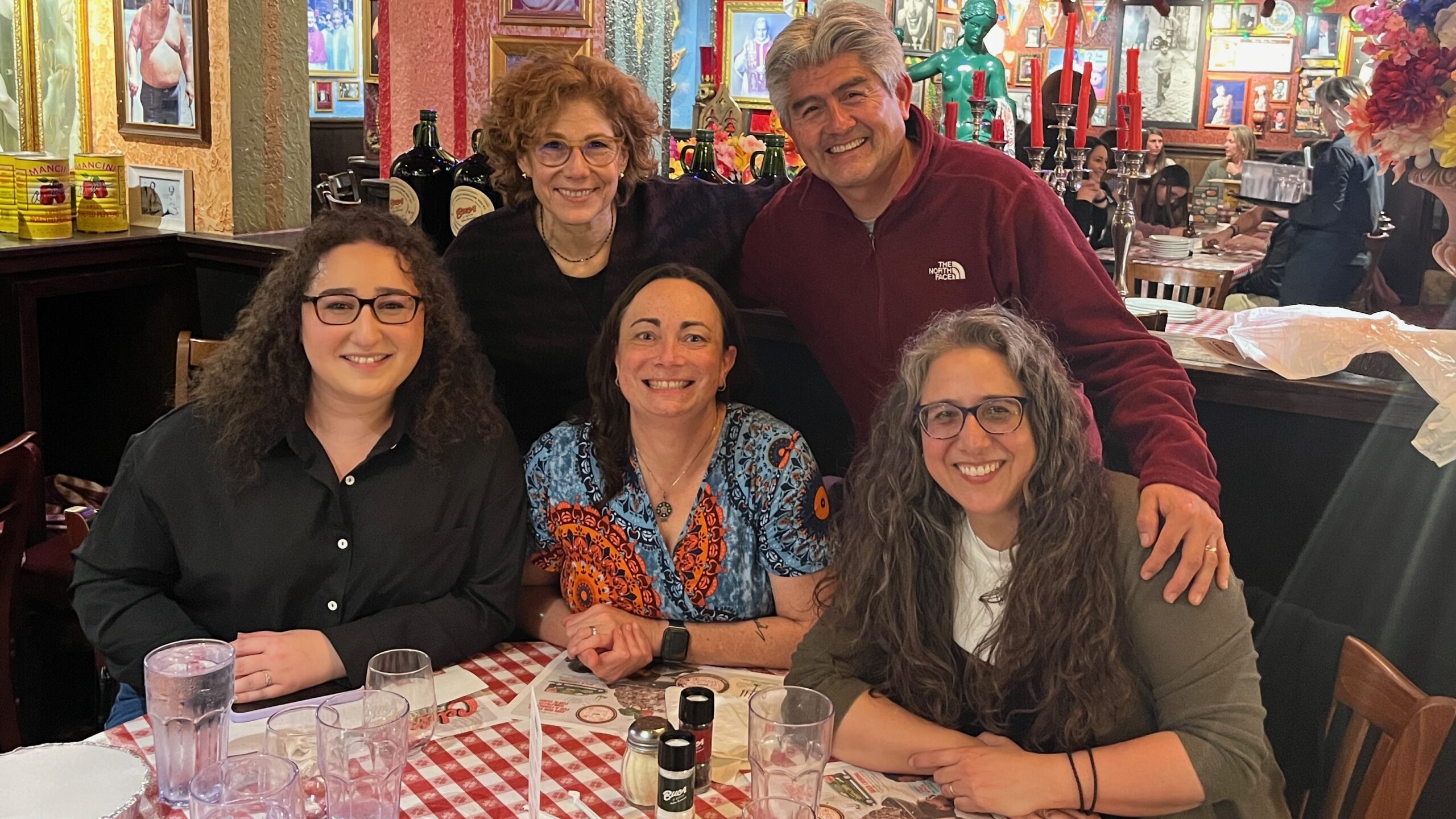
June 13-14, Cleveland, Ohio
GenEd Teacher Fellow Misty Ebinger will lead this two-day workshop on the Armenian Genocide at St. Gregory of Narek Armenian Church. More details to follow.
June 23-26, Los Angeles, CA
Applications are now open for participation in The California Teachers Collaborative for Holocaust and Genocide Studies’ Summer Institute, which will connect middle and high school teachers to experts in the field, as well as tools to combat hate and implement innovative curricula. GenEd will lead a session on its new, flexible 10-lesson unit on “Resistance, Agency, and Empowerment.”
June 24-28, Columbia, SC, South Carolina Council on the Holocaust
“Foundations of Teaching the Holocaust”: GenEd Teacher Fellow Kristi Ugland will lead the first session of the summer institute, drawing important interconnections and parallels between the Armenian Genocide and the Holocaust.
July 15, 8:30 am to 3:00 pm, Northampton, MA
“Humanizing the History of Genocide in the Classroom”: GenEd Teacher Fellow Kate Todhunter will lead this full-day workshop on genocide education, highlighting lesser-known genocides, including the Armenian Genocide by Ottoman Turkey during World War I, the Khmer Rouge genocide in Cambodia and the 1994 genocide against the Tutsi in Rwanda, and will examine the legacy of colonization in the U.S.



Be the first to comment